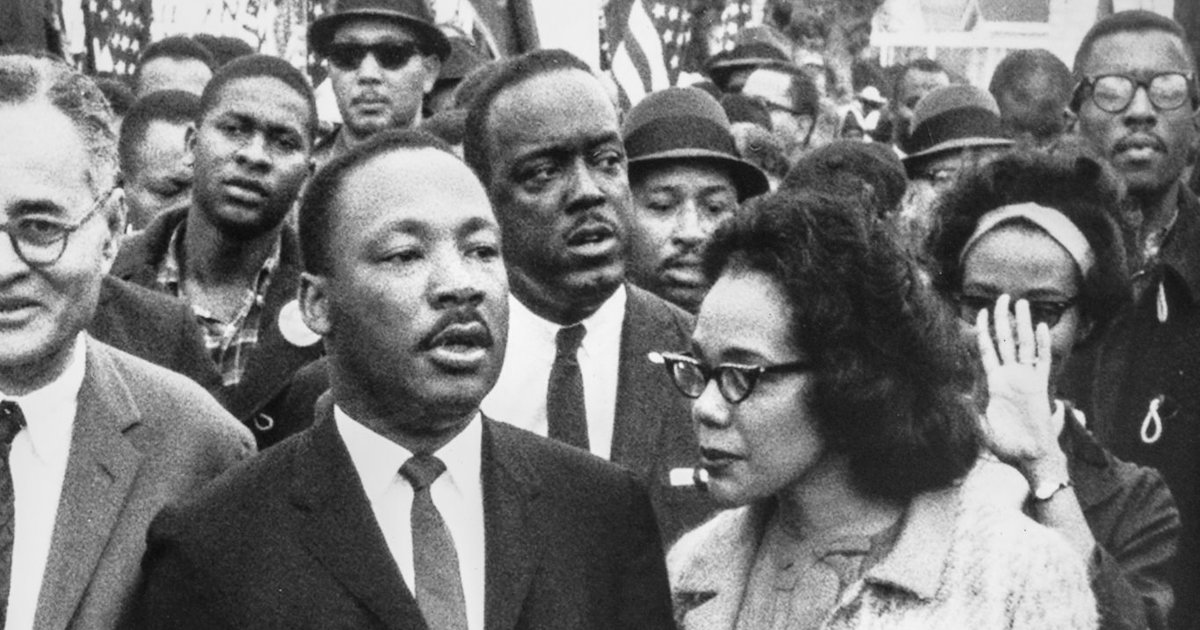
12 Jan 2024 Martin Luther King, Jr., Had a Dream. The Left Favors a Nightmare.
As Americans reflect on the voice and vision of Dr. Martin Luther King, Jr., on this 38th observance of his accomplished life, Project 21 ambassadors reflect as well, and recognize that while there have been tremendous leaps forward, the progressive drive for Diversity, Equity and Inclusion (DEI) policies threatens that progress.
The push for DEI in so many of our institutions and corporate entities shines a bright light on the fallacy of such policies, and reminds us that they are the antithesis of Dr. King’s dream of a colorblind society.
Indeed, that dream is at risk today. Nothing is more indicative of this danger than the debacle with Harvard University’s now-former president, Claudine Gay. The Harvard board was willing to ignore antisemitism and mounting charges of plagiarism for the simple fact that Gay checked the right boxes. It made no matter that she was wholly unqualified for the job, nor that elevating her to such a lofty position would cast doubt upon the many deserving black Americans who have achieved through their industriousness, not through programs that provide disparate treatment.
This flies in the face of Dr. Martin Luther King, Jr.’s vision of an America where all are equal and all share in the American Dream, say Project 21 ambassadors.
Project 21 Ambassador DawnMarie Alexander Boursiquot says:
Leaders fought for years to have a national holiday to celebrate the work Martin Luther King did for black people in America to become recognized as viable members of American society. After all the positive achievements of black Americans in this country, many are still stuck, trapped in a mindset of inferiority. This is evident with the recent scandal with Professor Gay, not to mention accusations of racism when one does not agree with liberal thoughts.As we approach this day of remembrance, it’s important to remember that success comes through believing in the talents and abilities a person is born with and developing them, not blaming others or external factors. MLK’s life work was for equality, not sympathy and handouts. We are not marginalized if we are not preparing ourselves professionally to have a seat at the table. We must do better.
Project 21 Ambassador Demetrius Minor says:
Honoring MLK’s legacy can’t just be an annual tradition of recitations, and it certainly can’t be a declaration of victory against racism.
We can truly honor King’s legacy by building upon the foundations he and countless others have laid. We do this by remaining vigilant against injustices; by promoting solutions that foster safety, healing and accountability that make the American Dream attainable by all; and by opposing the perverse application of DEI policies that only further division.
Project 21 Ambassador Richard Holt says:
Dr. King advocated for a society so united that color wasn’t even a factor. His vision was the driving force of civil rights for a generation.
Today we are quickly dissolving into two societies: those of a moral society living under the kingdom of heaven in unity, and those of a degenerate anarchy working to abandon all unity for a collective victimization. I wonder if these can be reconciled, or if the latter should simply be moved to New York and California so they can leave the rest of us alone.
Project 21 Ambassador Madeline Brame, a victims rights advocate, says:
My favorite quote from Dr. King is: “I have a dream that my four little children will one day live in a nation where they will not be judged by the color of their skin but by their character.”
Unfortunately, what Dr. King intended when he made this statement has been conveniently taken out of context. In today’s society, a person is judged solely on the color of their skin, which is then used to enact the progressive political agendas of diversity, equity and inclusion.
Character, integrity, morals, values, law & order — all of the things Dr. King stood for and meant when he made that statement — are nonexistent today. Every time we think we have finally made some progress in reaching the top of the mountain to see the “promised land,” we set ourselves right back to the foot of the mountain to continue marching around at the bottom for another 60 years.
Project 21 recently released a second edition of its “Blueprint for a Better Deal for Black America,” which contains 56 recommendations encompassing areas including criminal justice, education, health care and election integrity. To honor Dr. Martin Luther King, Jr.’s legacy, Project 21 ambassadors suggest policymakers would do well to take a closer look at the Blueprint as a means of helping to eliminate crippling government policies and to ensure the American Dream is attainable for all.
Project 21, the black leadership network, has been a leading voice of black conservatives for over 30 years, and is sponsored by the National Center for Public Policy Research. Its members have been quoted, interviewed or published over 50,000 times since the program was created in 1992. Contributions to the National Center are tax-deductible and greatly appreciated and may be earmarked exclusively for the use of Project 21.







